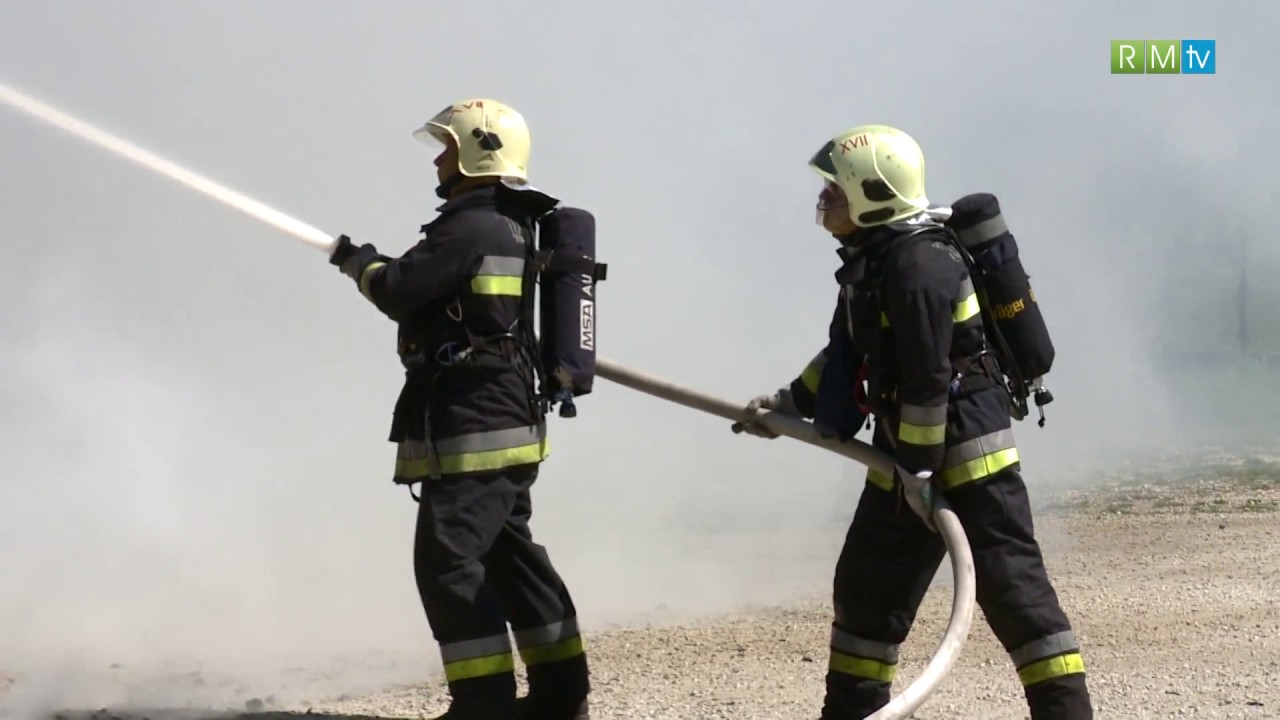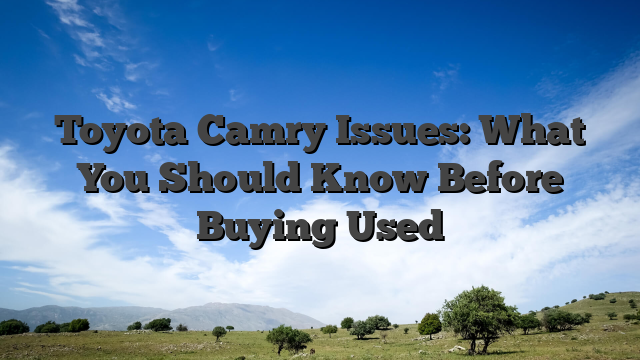Unplanned incidents like water leaks and fires, as well as natural disasters, can seriously damage your house. Apart from causing mental and bodily distress, the aftermath of such events might be highly costly. This is when your insurance for fire and water damage kicks in, providing you with a safety net to support you through these horrible events. In this comprehensive tutorial, we will explore the subtleties of insurance coverage for Water and fire damage, giving you all the information you need to protect your possessions. Effectively manage the complexities of insurance claims.
Understanding Water and Fire Damage Insurance Coverage
Numerous things, such as burst pipes, leaky roofs, flooding, and plumbing problems, can cause water damage. The kind of insurance policy you have will mostly determine how much coverage you have for water damage.
Standard Homeowners Insurance:
Most standard Homeowners insurance policies typically cover sudden and Accidental water damage. This typically includes damage caused by a burst pipe, an overflowing washing machine, or roof leaks due to heavy rain. However, it’s important to note that these policies often do not cover damage from floods or sewer backups. These kinds of coverage require separate insurance.
Flood Insurance:
Generally, conventional home insurance does not cover damage caused by flooding, so if you reside in a flood-prone location, you’ll need a special flood insurance policy. In addition to private insurers, the National Flood Insurance Program (NFIP) offers flood insurance plans.
Sewer Backup Coverage:
This kind of coverage is often available as an endorsement for your homeowner’s insurance policy. It is essential if your home is at risk of sewage backups, which can lead to significant damage and sanitation issues.
Fire Damage Insurance
Fire damage is typically covered by most Homeowners insurance policies, but understanding the nuances of this coverage is vital.
Fire damage insurance is a crucial component of homeowners’ insurance policies designed to protect individuals and property owners from the financial consequences of fires. This insurance coverage typically includes protection for structural damage to your home, allowing you to rebuild or repair it if damaged by a fire.
Dwelling Coverage:
The primary component of a Homeowners insurance policy is dwelling coverage, which typically covers damage to the structure of your home, including fires. This coverage is crucial for rebuilding or repairing your home in the event of a fire.
Personal Property Coverage:
In addition to covering your home’s structure, Homeowners insurance policies often include personal property coverage, which insures your belongings inside the house. This means that your damaged or destroyed possessions can be replaced, subject to coverage limits and deductibles.
Additional Living Expenses:
Your insurance policy can pay for temporary housing if fire damage renders your house uninhabitable. This might include lodging fees, food bills, and any expenditures related to moving out of your house.
Coverage Limits and Deductibles:
It’s important to comprehend the coverage limitations and deductibles included in your insurance policy. These caps might differ greatly, so it’s important to make sure they’re sufficient to cover the possible expenses of reconstructing your house and replacing your possessions.
Additional Considerations for Water and Fire Damage Coverage
Mold Remediation:
Mold can be a significant issue following water damage incidents. Some insurance policies may include coverage for mold remediation, but there are often limits to the amount they will cover. It’s crucial to review your insurance and, if needed, think about obtaining more coverage.
Valuable things:
A typical homes insurance policy could not provide complete coverage for high-value things like jewelry, artwork, and collectibles. To provide your insurance further coverage for these priceless items, you may add riders or endorsements.
Replacement Cost vs. Actual Cash Value:
Insurance policies can offer either replacement cost or actual cash value coverage. Replacement cost coverage reimburses you for the cost of replacing or repairing damaged items with new ones, while actual cash value coverage takes into account depreciation, meaning you’ll receive less money for older items. It’s important to understand which type of coverage your policy offers.
Claims Process:
When dealing with water and fire damage, the claims process can be complicated and time-consuming. It’s crucial to follow your insurance company’s instructions carefully, document the damage, and keep records of all communication throughout the process.
Policy Reviews:
Check to see if your insurance coverage still suits your needs on a regular basis. You might need to modify your coverage as your situation does in order to continue having enough protection.
Public Adjusters:
You might want to think about working with a public adjuster if you have substantial fire or water damage. Public adjusters assist policyholders in maximizing their insurance claims by working on their behalf. They are qualified experts who can guide you through the claims procedure and guarantee you get just recompense for your losses.
Conclusion
Water and fire damage can be emotionally and financially devastating. Nonetheless, you may considerably lessen the financial strain and hasten the healing process by putting the appropriate insurance coverage in place. To properly safeguard your property, it is crucial that you comprehend your insurance policy’s coverage limitations, deductibles, and any extra riders or endorsements that may be required.
Reviewing your policy in detail and speaking with your insurance agent is essential since fire and water damage insurance can differ greatly across providers and plans. The necessity of accurately documenting and submitting your claims in the case of harm is equally crucial. By staying informed and prepared, you can safeguard your investments and ensure that you have the support you need to rebuild and recover from the unexpected devastation of water and fire damage. In the face of these disasters, the right insurance coverage can be your lifeline, providing financial relief during times of crisis.
Keep in mind that insurance is your safety net, and you can significantly impact your capacity to recover from water and fire damage by taking the time to understand your coverage and being proactive in recording and filing claims. The main purpose of insurance is to offer you the assurance that you will have support from a partner to rebuild and recover in the event of hardship.




